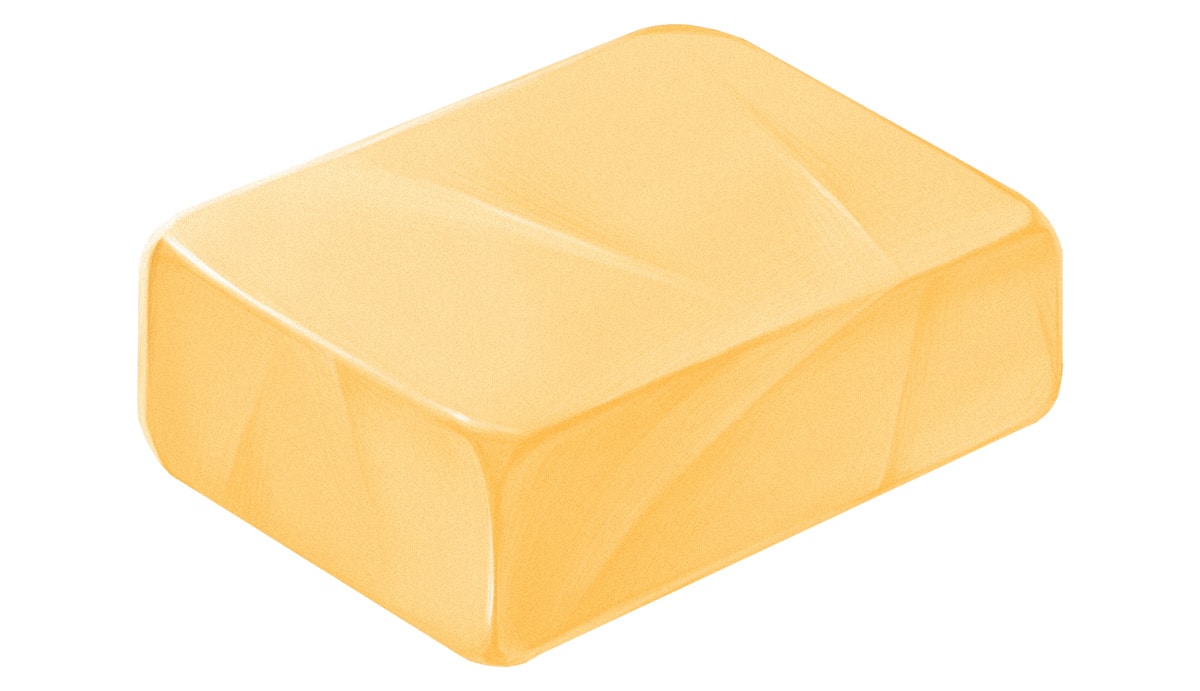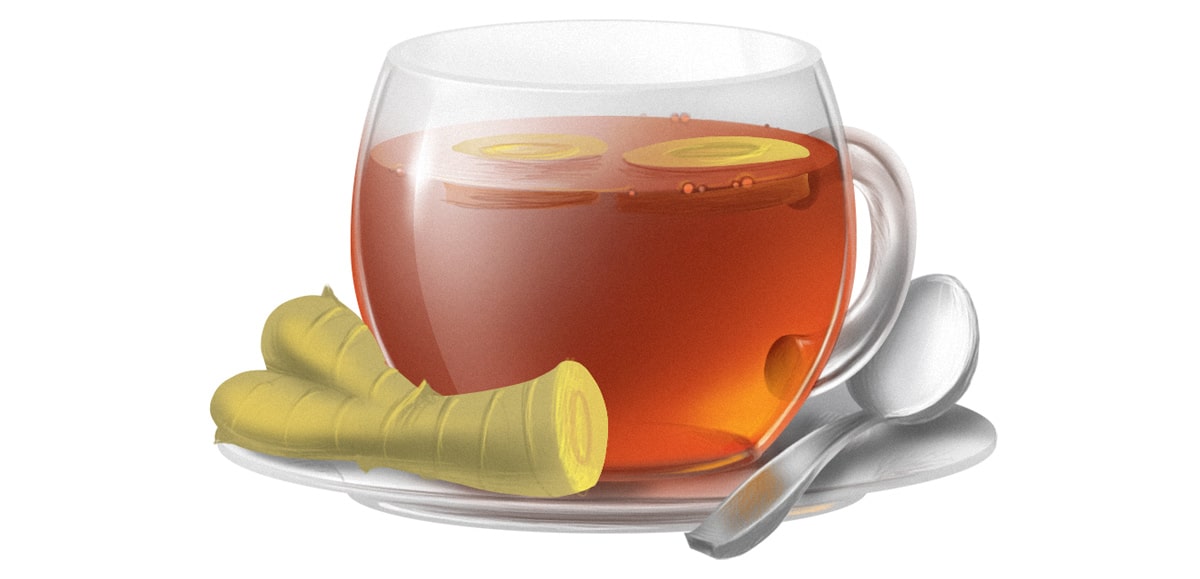Have you ever walked past the weight-loss supplements in the drugstore (or better yet, a health-food store where they have all the really weird and cool stuff) and had the urge to try something just to see? Sure, most of it is probably useless, but...what if? Sure, a good diet is more important, but with that dialed in, what’s wrong with a bit of extra help? It’s not like it could hurt, right?
But almost all that stuff is just expensive for no reason. And that’s not just based on skeptical killjoy naysaying. It’s easy to come off as a Grinch about weight-loss supplements because so many of them are just junk and there’s nothing else to say about them. But to back up the Grinch-y grumpiness, here’s a list of 5 weight-loss supplements where multiple trials in real human beings prove that they don’t work as advertised.
1. Calcium
The theory: diets higher in calcium have been associated with lower BMI in some studies, so maybe calcium supplements will help people lose weight.
Unfortunately, that just hasn’t panned out:
- This study found that calcium supplementation (1000 mg/d) didn’t affect weight loss in women at all.
- This study looks like it found an effect, but it was comparing inadequate calcium to adequate calcium. In other words, this study proved that deficiency is bad, not that extra supplements are good. Anyone eating Paleo should be able to get the "calcium-rich" diet from that study just by eating normally, without any supplements.

Dairy as a whole food has some other interesting effects in weight-loss trials (and recent evidence is pointing to high-fat dairy as especially beneficial, which may be due to the conjugated linoleic acid it contains), but that’s different from taking calcium as a supplement. (If you're confused about how dairy fits into Paleo: the short version is that it's optional and you can learn more here).
2. Caffeine
The theory: caffeine boosts metabolism and lowers appetite.
Caffeine is definitely effective for weight loss...when combined with other stimulants at dangerously high doses. The problem with metabolism-boosting stimulants is that if they boost your metabolism enough to cause any significant weight loss, they’ll probably also mess up your health pretty badly. Amphetamines are the poster case for this (yes, as in meth: as awful as meth is, it does reliably cause weight loss).
Assuming you aren’t taking huge and dangerous amounts of caffeine, the effects aren't all that impressive. Caffeine does increase metabolic rate by a small amount, although some studies, like this one, have found no effect. And this study found that caffeine didn’t really have much effect on appetite, food consumption, or blood sugar control in healthy men. This study gave subjects 100mg of caffeine (among other supplements) every day for 16 months while they lost weight and found that it didn’t help with either loss or maintenance.
In fact, this study showed that caffeine actually reduced insulin sensitivity, so for people with insulin problems it might be counterproductive.
The real benefit of caffeine for weight loss might be psychological and really dependent on the individual person. One of the biggest predictors of junk-food cravings and binge eating is low mood – a lot of people eat chocolate and ice cream to feel better, not to satisfy physical hunger. For a lot of people, caffeine is a mood booster. If a caffeine pill "perks you up" and puts you in a good mood, then you won’t turn to junk food for comfort instead, with obvious benefits for weight loss and maintenance. But that’s very individual and not caused by any magical metabolism-boosting effects.
The verdict: if it makes you feel good, take it. Otherwise, don’t bother.
3. Chromium Picolinate
The theory: chromium is a mineral that you need for converting carbs and fat to energy. You need it to regulate insulin production and maintain good blood sugar control. If some is good, adding supplements to get more must be helpful, right?
Unfortunately, as this review discusses, chromium supplements don’t help much with weight loss and may even be inflammatory and dangerous.
A recent Cochrane review agreed. Their conclusion was that:
"We found no current, reliable evidence to inform firm decisions about the efficacy and safety of CrP [chromium picolinate] supplements in overweight or obese adults. "
4. Garcinia Cambogia
The theory: garcinia cambogia prevents your body from turning carbohydrates into fat for storage (de novo lipogenesis). Basically, it interrupts a particular enzyme pathway necessary for de novo lipogenesis, so it prevents you from storing carbs as fat.
It’s true that de novo lipogenesis is important and that people with obesity frequently have weird things going on in that respect. But in several trials, garcinia cambogia failed to cause any weight loss (one, two ). A review found that the effect, if it exists, is small and it’s not clear if this is at all relevant to the real world.
5. Green Tea Extract

The theory: it boosts your metabolism so you burn more calories all the time.
This Cochrane review went over the evidence for green tea preparations and weight loss and the results were pretty underwhelming. Green tea only caused a very small degree of weight loss (typically less than 1 pound) if it caused any at all. There was no apparent effect on weight maintenance.
Want a specific study? Here’s one. 937 postmenopausal women got either green tea extract or placebo for a year. At the end of the year, there was no significant difference in BMI between the green tea group and the placebo group.
Green tea as a drink is perfectly tasty and healthful. It's full of antioxidants and foods rich in antioxidants are generally good for you. It's delicious with a peach infusion. But it doesn’t cause miraculous weight loss.
Summing it Up
We all have to live with scammy marketing for weight-loss supplements, and that kind of thing can really get under your skin even if you know it's nonsense. It’s good to have a reminder every now and again that most weight-loss supplements have absolutely no scientific backing (or "proof" so flimsy that it doesn’t hold up to even the most casual probing).
A this point, hopefully you’re fully armored against spending too much money on weight-loss supplements that just don’t work. Instead of spending $8/bottle here and $15/bottle there on random supplements that don’t work, embrace your inner supplement Grinch. Save your money for some nutritious whole foods and cook yourself something tastier than a bunch of pills!





Leave a Reply